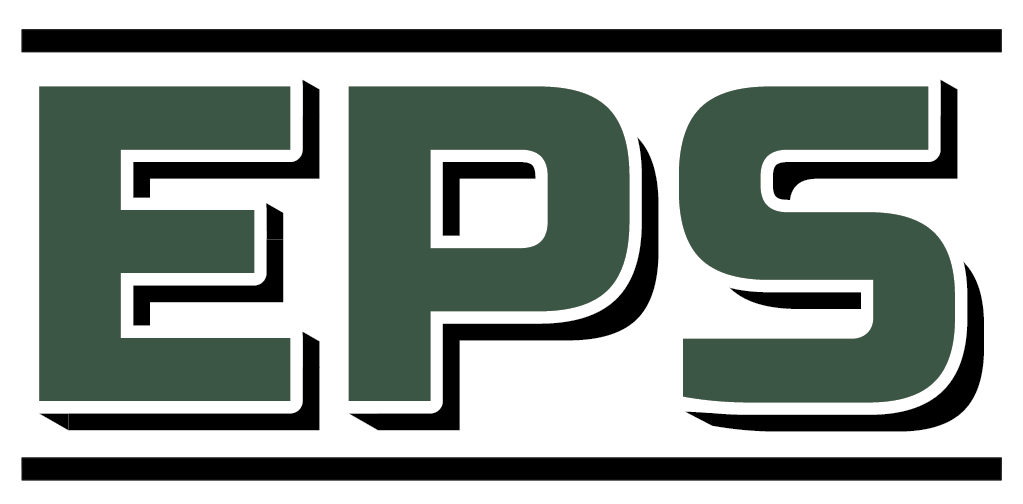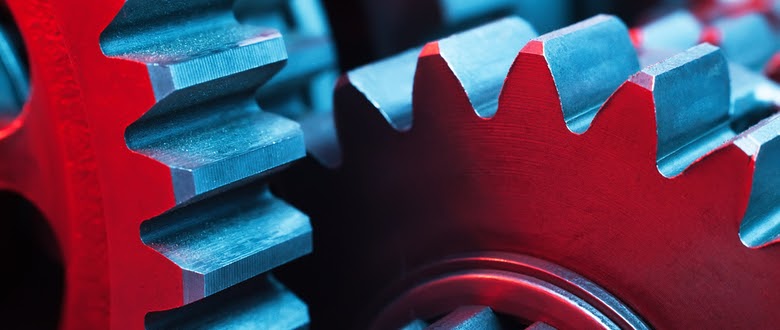Maintaining commercial equipment is a lot like mowing the lawn or fixing leaking pipes at home. It’s not the most refreshing or exciting project to tackle, but it’s far better than the inevitable result of failing to keep things in order. Preventative care and maintenance is a responsible practice in almost any context, whether it’s a home or business.
In industrial environments, basic maintenance isn’t just a matter of improving aesthetics or saving a little money. Vehicles, production facilities and other types of large equipment can become considerable hazards to human safety and environmental health if they aren’t maintained. Considerable volume and material costs means that inefficiencies or faults in equipment can also translate into massive financial loss in a matter of months or years.
The Maintenance Equation
Businesses that neglect equipment maintenance often do so because managers and leaders don’t consider all of the major factors at play.
Employee Safety and Morale
Equipment upkeep has a direct impact on worker productivity, workplace safety and overall morale. Even relatively minor issues can become a source of stress and friction over time. Workers are also less inclined to treat equipment carefully and responsibly if the operator doesn’t keep it in good shape.
Operational Consistency
Routine maintenance checks and replacements ensure equipment operates correctly while producing results of consistent quality at an optimal rate. Many manufacturing and construction tasks rely on a certain level of consistency, precision and speed. It may not be a big deal to skip an oil check on a company car, but neglecting basic upkeep on important or delicate commercial equipment is another story altogether.
Total Equipment Costs
Some businesses delay or avoid maintenance tasks because they don’t want to deal with the upfront costs at the moment. As tempting as this decision can be, it’s almost always a risky one. Investing in basic upkeep helps shield operators from a potentially-disastrous outcome that could jeopardize workers, halt operations and require complete replacement.
Keeping Up with Upkeep
Even companies with the budget and desire to follow responsible maintenance practices can struggle to actually follow through on this goal. Every kind of device and component has different upkeep requirements associated with it. This means that preventative care, replacements and repairs are tasks that must be distributed and coordinated throughout the entire structure of the organization.
An effective and comprehensive maintenance plan must make room for several key steps, including observation, training, delegation and implementation. Operators need a system that allows for constant monitoring and analysis of key equipment, so they can respond to maintenance needs proactively. These policies should be reinforced by employee proficiency and empowerment to address these issues in an optimal way.
Our core values of safety, quality and integrity mandate an emphasis on equipment maintenance in our managed services and solutions. EPS personnel understand how equipment functionality impacts overall efficiency, safety and performance in the workplace. Our expertise in equipment upkeep is just one of the resources we leverage to provide high-value third-party logistics services to our clients. To partner with experienced professionals skilled at equipment maintenance, Contact EPS today!

